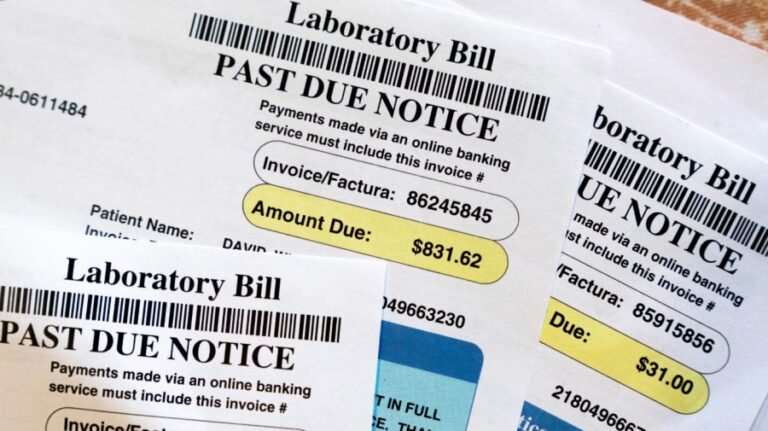
America has a caregiving problem. Most seniors want to age in place — to live out their years in their own homes. But for many, doing so requires help, not necessarily with medical care but with everyday tasks like transportation, meal prep, errands and medication reminders.
Unfortunately, the current system offers few affordable options. The market is largely limited to expensive home health aides and skilled nurses — a necessary resource for some, but not those who require less intensive care.
These costs are more than financial. When seniors can’t access in-home support, they’re often left isolated, which is linked to higher rates of depression, cognitive decline and even early mortality.
Yet the solution to this problem isn’t a sweeping new government program — too often this comes with large price tags, rigid requirements and unintended consequences. What we need instead are practical reforms that make existing systems work better and reflect the reality of how caregiving works.
Today, more than 53 million Americans serve as family caregivers to someone like an aging relative, a disabled loved one or a special-needs child, and the vast majority of these caregivers are women. These unpaid heroes fill critical gaps, often while juggling careers, personal health issues and other responsibilities . Yet they often face barriers that make caregiving even harder than it has to be.
One such barrier is found in the tax code. Right now, Health Savings Accounts and Flexible Spending Accounts — tax-advantaged accounts that exist to help ease the burden of qualifying expenses — can’t be used to cover medical expenses for aging parents unless they qualify as tax dependents. In other words, if you’re helping Mom manage her prescriptions or pay for doctor visits, you probably can’t use your HSA funds unless you can claim her as a dependent on your tax return.
The Lowering Costs for Caregivers Act, a bipartisan bill introduced by Sens. Jacky Rosen (D-Nev.) and Bill Cassidy (R-La.), is a sensible fix. It would remove this restriction and allow Americans to use their HSA and FSA dollars to cover medical expenses for aging parents, regardless of dependent status. By doing so, this would empower family caregivers, granting them access to existing financial resources in order to help provide the best care possible for their aging parents.
Importantly, the Lowering Costs for Caregivers Act offers more flexibility and real financial relief to millions of family caregivers, all without the creation of new, costly government programs. And it shows that bipartisan agreement is still possible. It is encouraging to see lawmakers from both sides of the aisle coming together to support family caregivers. Further, it serves as a reminder that real solutions to real problems shouldn’t be partisan, they should be practical.
This kind of reform — modest in scope but meaningful in impact — should be a model for future caregiving policy. Rather than creating a new one-size-fits-all program from the top down, policymakers should focus on unlocking existing systems to better serve caregivers and seniors.
Family caregivers already do so much. The least we can do is make it easier for them by eliminating unnecessary obstacles and improving the system so that it works for them, not against them.
Let’s support them by championing solutions that are bipartisan, budget-neutral and grounded in reality. Let’s do right by caregivers — and do it the right way.
Heather Madden is policy staff director at Independent Women’s Voice.






